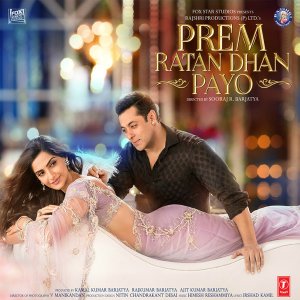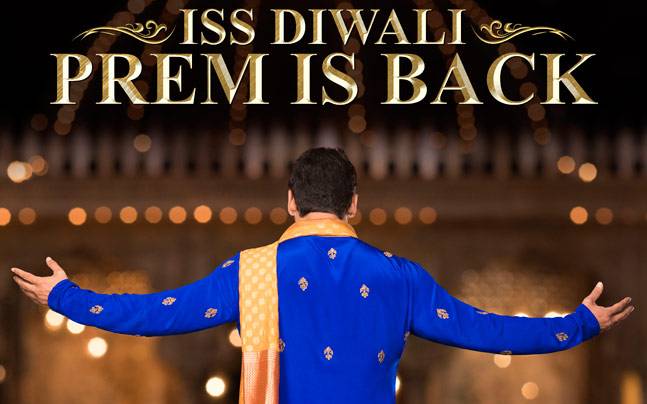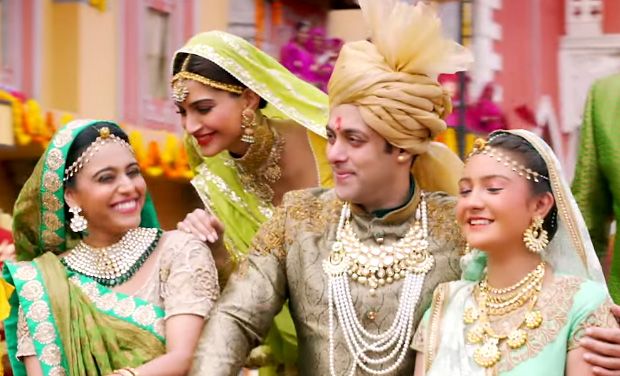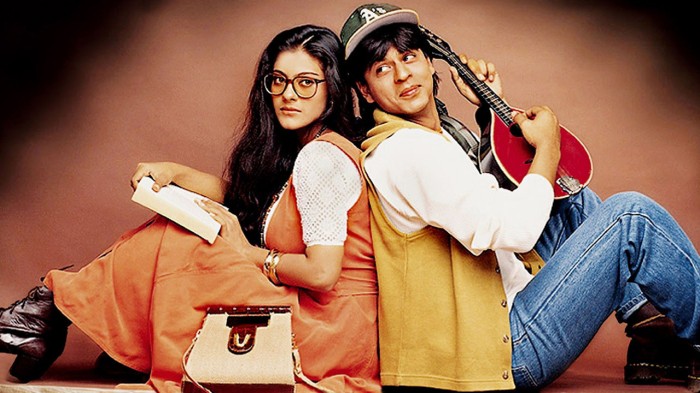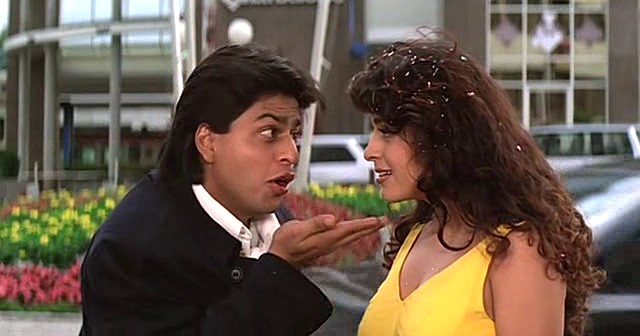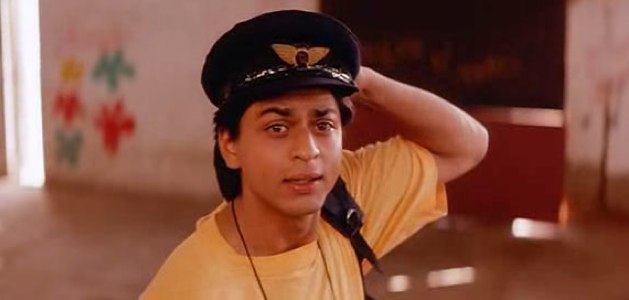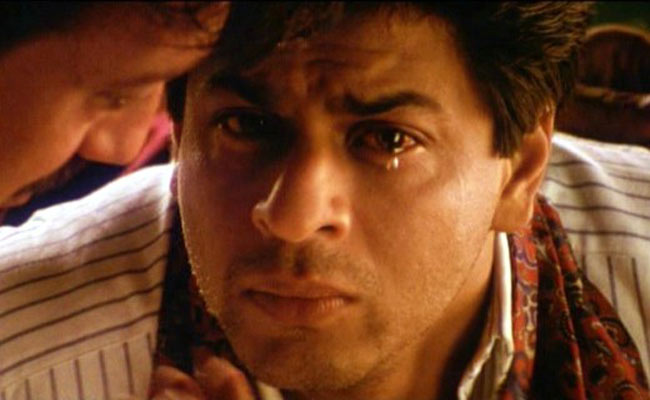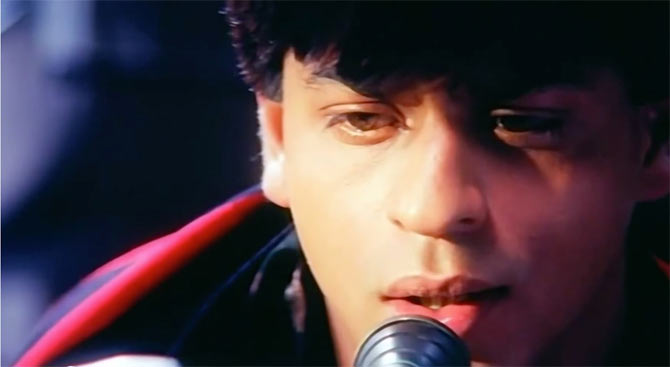If you flip through filmography of accomplished directors, you will find at least one film that goes on to become a symbol of their pedigree. ‘That one film’ may not necessarily be the directors’ most accomplished work or a roaring commercial success, yet it beams with the faith, idea and conviction of its creator.
Imtiaz Ali seems to have invested that kind of energy into Tamasha. The film is Ali’s most complex, ambitious and audacious take on emotions – be it his pet theme of love (Jab We Met and Love Aaj Kal) or his relatively recent fascination with identities and personality traits (Rockstar and Highway). Tamasha is resplendent with sumptuous and powerful designs, but sadly it is dragged down by its inconsistent and indulgent treatment.
Story:
Destiny conspires to make Ved (Ranbir Kapoor) meet Tara (Deepika Padukone) in the picturesque island of Corsica where the two decide not to divulge their real identities in order to make the most of the moment. They hit it off instantly doing crazy gigs and crisscrossing mighty mountains, leafy forests and clear, blue waters. The fairy tale ends within a week when Tara comes back to India leaving behind much more than her heart at Ved’s disposal. 4 years later, she meets the ‘real’ Ved in Delhi – a regular corporate retard in his impeccable tie and suit. Their attempts to reunite fail as Ved battles to overcome his inner demons and struggles to script his own story.
The film’s first hour is surprisingly wasted and annoyingly drifty where two of the most talented actors of our times are stationed in the picturesque island of Corsica and left to do sweet nothings. While you relish the stunning landscape and marvel at the lead pair’s sparkling chemistry, the stretched ‘Tamasha’ and the callous screenplay put you off. Things change for good from the second hour, when we get to know the real Ved, his inner conflicts and Tara’s late realization of what she just let go off.
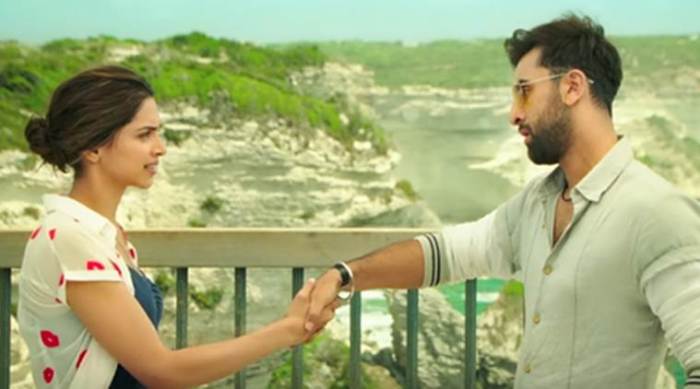
Themes and Motifs:
Tamasha makes a fierce attempt to deal with the notions of chasing your dreams, scripting your own story, and how true love can help you achieve all of this. It tries hard to be that vehicle of inspiration, that ray of hope for millions of young and restless people who take up regular, conventional jobs and compromise with their inner calling. But, the means to drive home this message is thoroughly sketchy and even absolutely random at times. There are occasions when the film seems to be going in circles and the director needlessly convolutes simpler messages.
Imtiaz Ali chooses the interesting backdrop of a drama (Tamasha) and tries to examine emotions through the prism of a stage play. Like a typical play, the film is divided into ‘acts’ and things actually go on pretty smooth till here. The complexity level of the narrative goes quite a few notches up as Imtiaz invests a tad too much into flashbacks and tries a bit too hard to connect us to Ved’s childhood. Yes, we get that the bachpan connection is critical to our hero’s overall evolution in the film, but this connection seems too larger than life at times. So does the occasional self-indulgent sojourn of the film where pointed emphasis is laid at a parallel play, stories of famous lovers (including mythological Ram and Sita), clowns and stage-like camera and lighting.

The film also comfortably leaves behind some loose ends , which if tightened, would have given more meat to the screenplay. What were Ved and Tara doing in Corsica? How come ‘role play’ bit of Ved’s personality never manifested itself after he met Tara in India? Also, enough light is not thrown on Ved’s and Tara’s unusual behavior, specially Ved’s, whose antics go beyond the realm of role play and infringe in the territory of psychology.
Performances:
Despite its inconsistent screenplay, Tamasha manages to sail through because of the riveting performances by its lead actors. It is such a relief and an absolute joy to see Ranbir Kapoor return to form. Wait, he just does not come back to form, he is in fact at the top of his game by literally owning every single frame that he is a part of. The actor comes up with a beautifully restrained and a deliciously nuanced performance that will easily go down as one of his best.
Ranbir’s Ved is tragic, funny, romantic, goofy, vulnerable, exciting – all at the same time. I also believe that actors whose faces ‘talk’ are perhaps heads and shoulders above others. Ranbir’s face can talk, shout, scream, cry, without uttering a single word. Equally impressive is Deepika Padukone as she never really lets Ranbir completely steal the show. Her expressions, body language and emotions look as real as 24-carat gold. Together, Ranbir and Deepika display a cracking chemistry and it’s a pity that they have not been paired together more often.
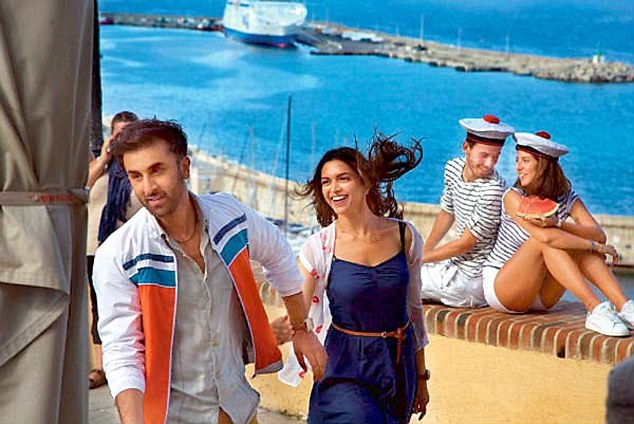
AR Rahman’s music gels very well with the film’s theme and atmosphere. While Matargashti is quirky and peppy, Agar Tum Saath Ho beautifully depicts melancholy and sadness. The film’s cinematography (Ravi Varman) is too much ‘stage-like’ at places but the camera does roam at the right places in Corsica and even Delhi. The editing of the film (Aarti Bajaj) is impressive given the unusual weaving of the story.
Overall, Tamasha is Imtiaz Ali’s most complex film till date that houses both mediocre and spectacular moments. Add to that an element of complexity in narrative that cripples its overall acceptability and makes it possible for many to actually not like/understand several sequences in the film.
Not easy to like. Not easy to reject. Leaves you thinking for long. Tamasha could well be for Imtiaz Ali what Mera Naam Joker was for Raj Kapoor – his most honest but perhaps the weakest film.
Rating: *** (Good)
P.S. – Half a star extra just for the Kapoor lad.


